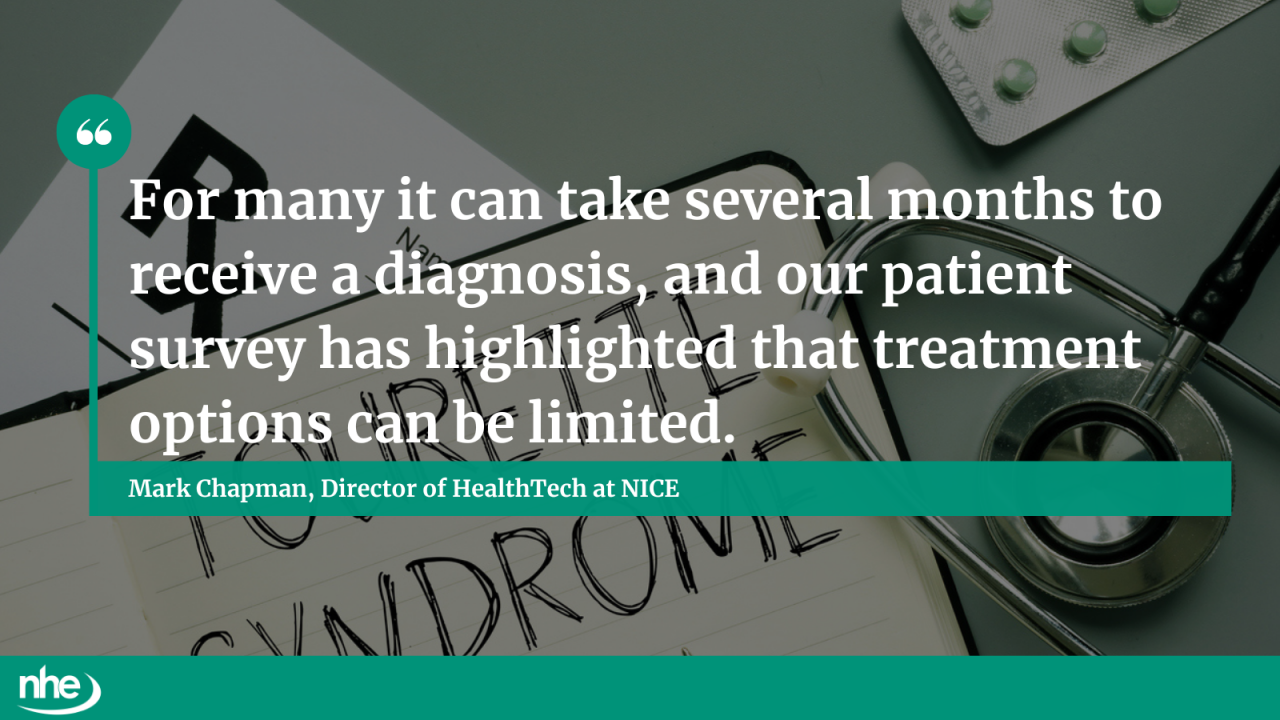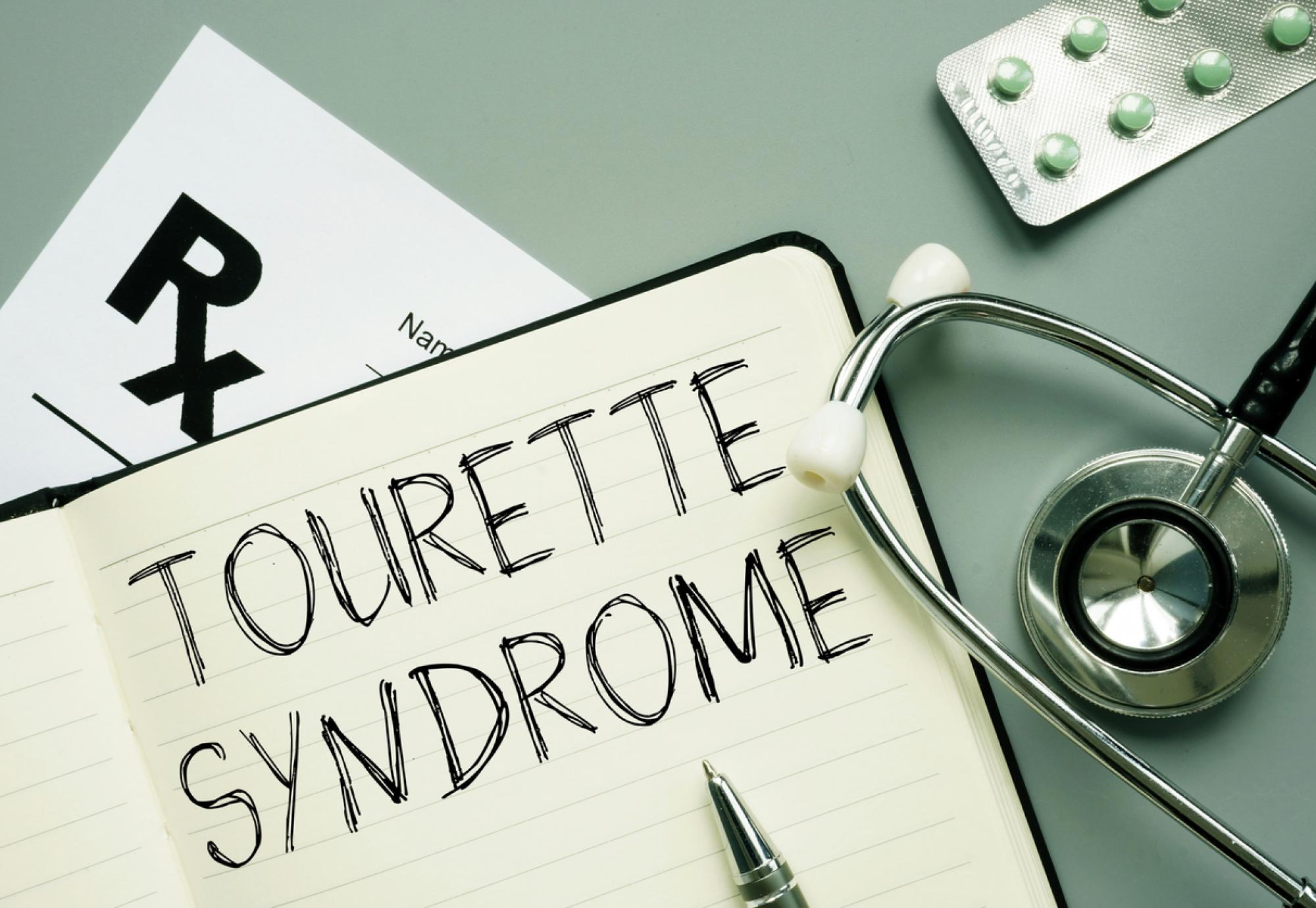The National Institute for Health and Care Excellence (NICE) has provisionally approved two new technologies for Tourette syndrome in a landmark digital health recommendation.
The technologies vary in their approaches to tackling the symptoms, but health leaders believe it is the first time that NICE’s committee has recommended digital therapies for those with chronic tic disorders and Tourette syndrome which could improve the user’s daily quality of life.
The technologies include:
- Online Remote Behavioural Intervention for Tics (ORBIT)
- Nepulse
Digital health
The first technology is accessible via a web browser and is intended for those aged between nine and 17. Supported by an online therapist across a 10-week programme, the treatment involves users confronting the reasons (thoughts, images, objects, situations etc.) that lead to tics.
Nepulse, meanwhile, is a wearable wrist-worn device that links to an app for those over the age of 12. The device delivers low-intensity electrical impulses to the median nerve so tic frequency and severity is reduced. Supplementary written and video-based guidance, along with a helpline, is also available.
The need for change
From a survey of more than 1,500 people – which included those with lived experience as well as carers and parents – NICE found that diagnosis can take anywhere between six months to two years and current treatment options are limited.

“Our committee heard that diagnosis, treatment and support for people with chronic tic disorders and Tourette syndrome can be variable depending on which part of the country they live in,” added NICE’s director of HealthTech, Mark Chapman.
He explained: “For many it can take several months to receive a diagnosis, and our patient survey has highlighted that treatment options can be limited.
“Our committee’s recommendation of these two technologies could increase treatment options and could allow more convenient treat for people where ever they live be that urban or rural given the inconsistency in access.”
First line treatment remains psychoeducation and a GP clinical assessment must be completed before either of the technologies can be offered. There are thought to be over 300,000 children and adults living with Tourette syndrome in the UK.
Next steps
The technologies are only at the draft guidance stage, with NICE’s consultation now underway and open until 17 December. At present, both technologies will be made available to the NHS for three years, so more evidence can be generated to determine:
- long-term clinical effectiveness;
- quality of life impact; and
- who benefits most.
Before Nepulse can be rolled out, though, it must first obtain the appropriate regulatory approvals – CE and UKCA marking is expected in 2026. The standards set out within NHS England’s Digital Technology Assessment Criteria must also be met.
Image credit: iStock



















